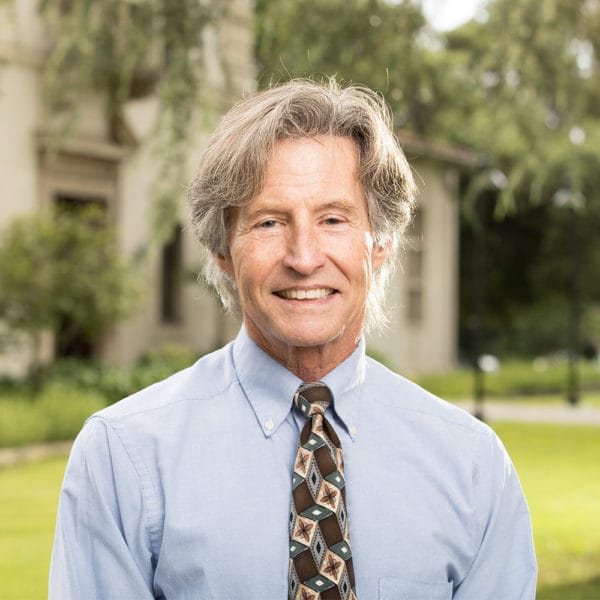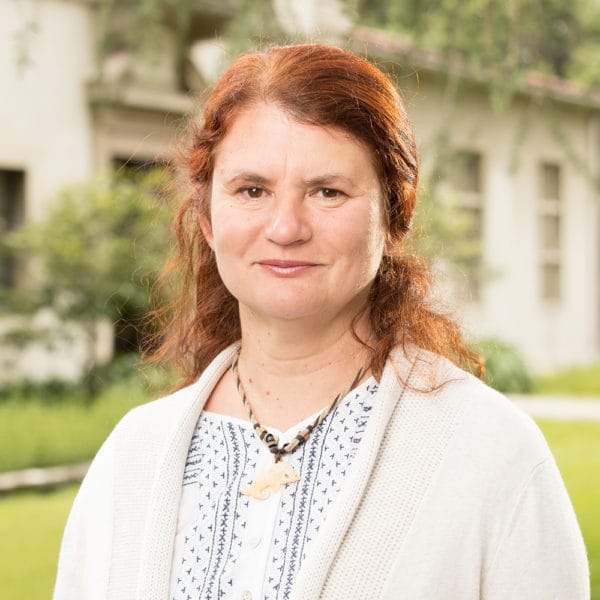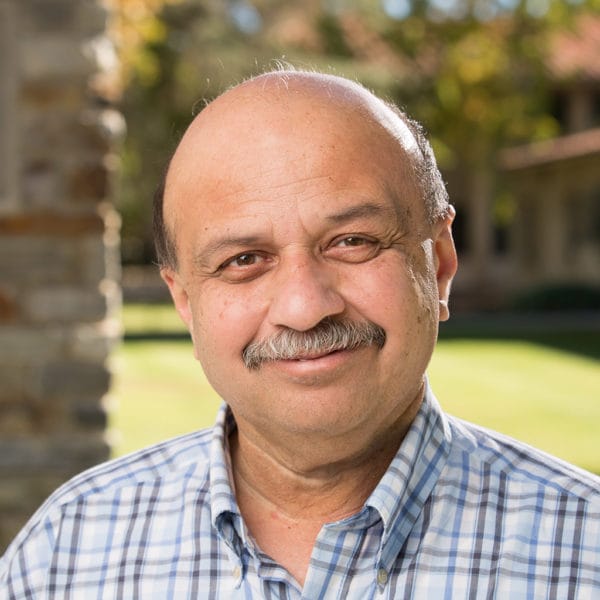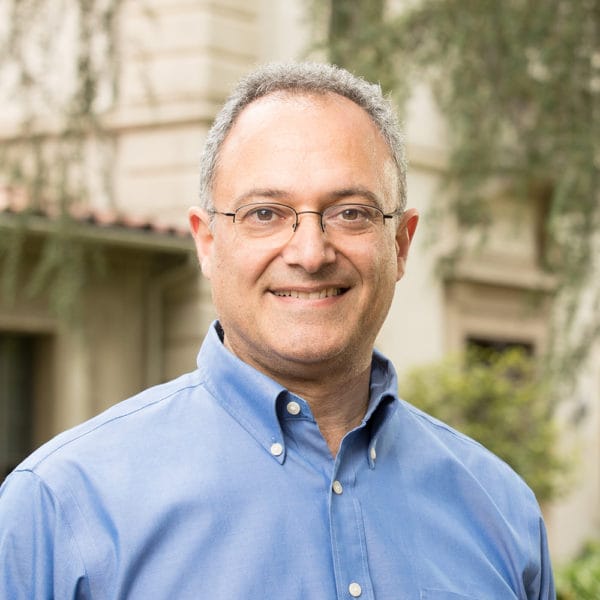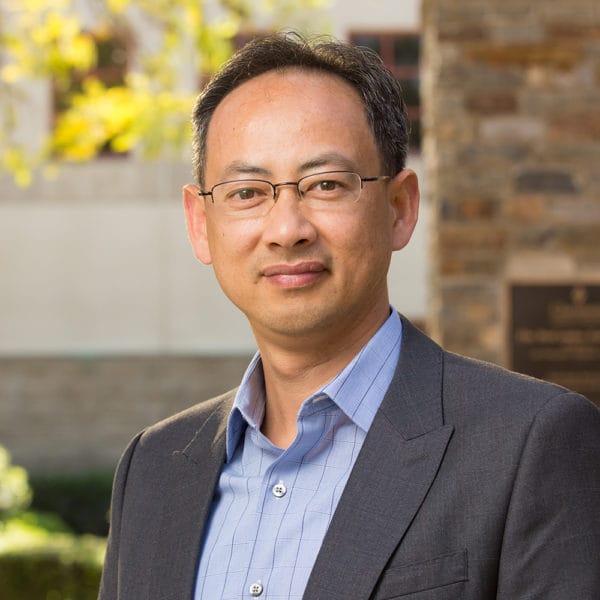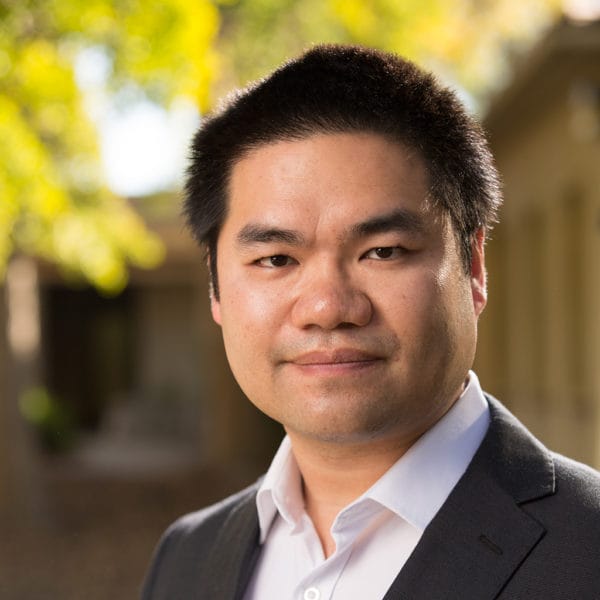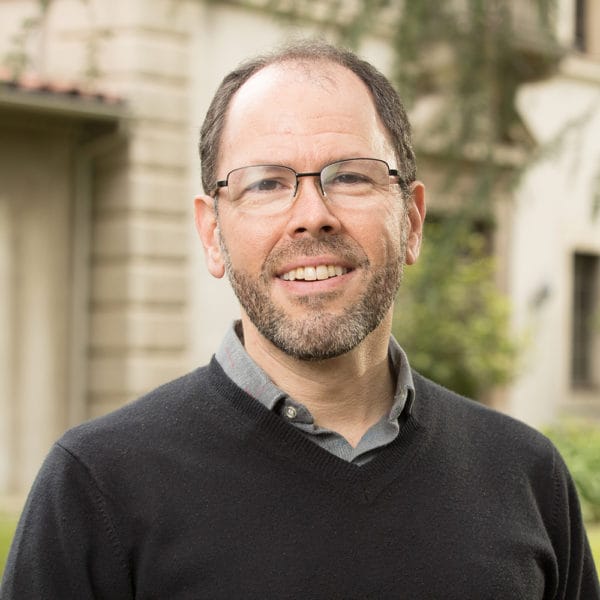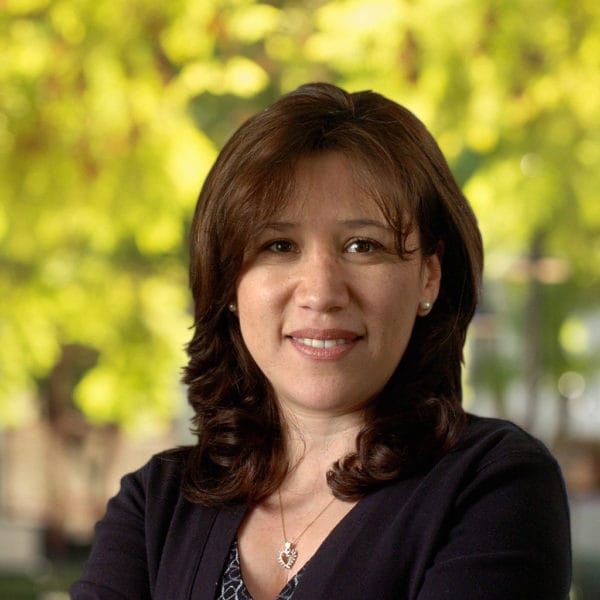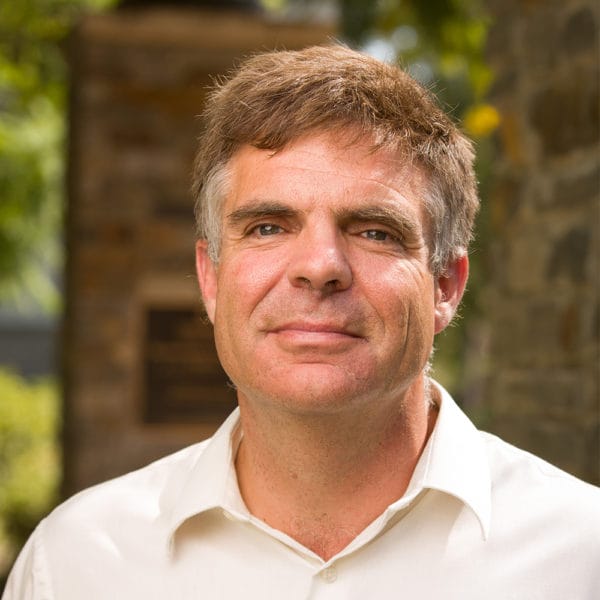Whether you’re well into your engineering career or just beginning, the joint PhD in Engineering & Computational Mathematics broadens your understanding of the mathematical principles that underlie all engineering sub-disciplines and increases your professional value.
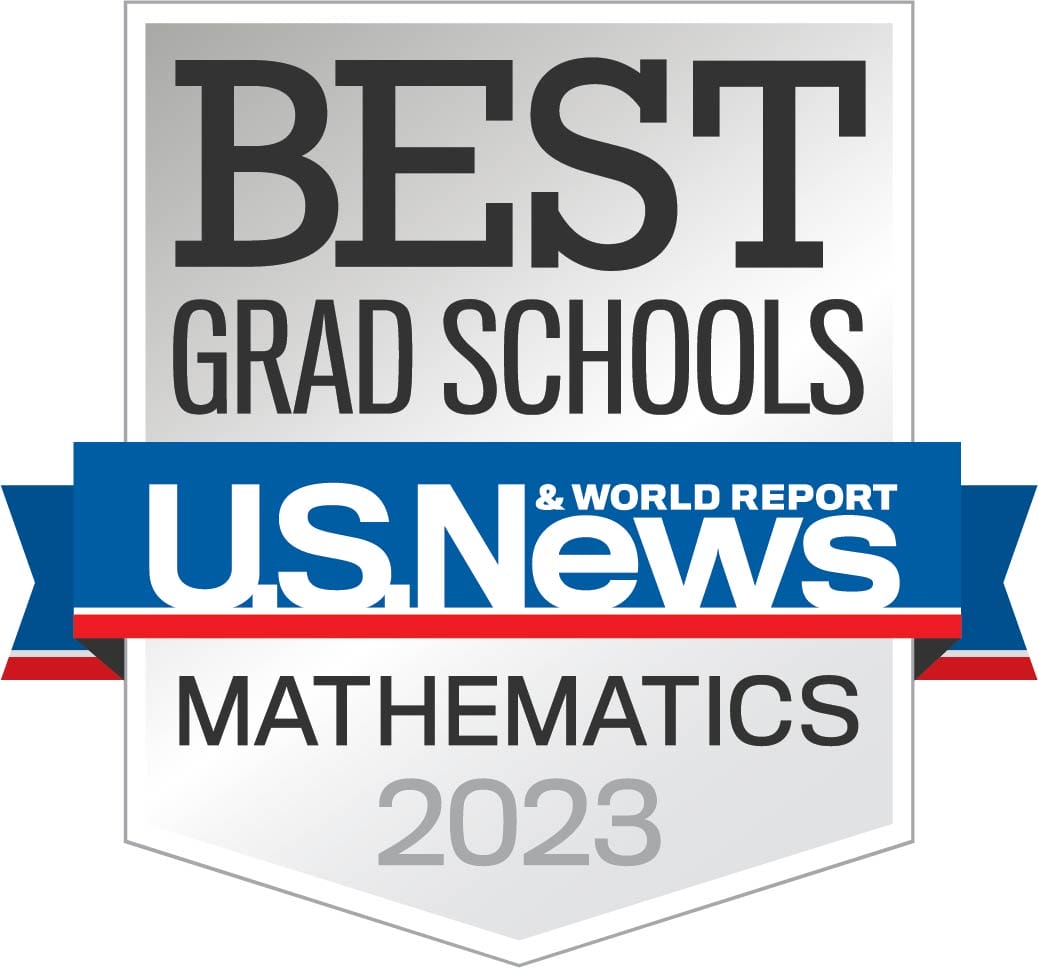 Combining the full resources of CGU’s Institute of Mathematical Sciences and the College of Engineering at California State University, Long Beach (CSULB), this joint degree program integrates advanced techniques in mathematical analysis with the latest in engineering innovation, research, and coursework. You’ll draw upon the expertise of faculty at two leading universities and study at a pace that fits your busy professional life. Flexibly designed to meet your individual needs, the joint PhD program in Engineering & Computational Mathematics offers ideal training for careers in aerospace, artificial intelligence, transportation, logistics, and more.
Combining the full resources of CGU’s Institute of Mathematical Sciences and the College of Engineering at California State University, Long Beach (CSULB), this joint degree program integrates advanced techniques in mathematical analysis with the latest in engineering innovation, research, and coursework. You’ll draw upon the expertise of faculty at two leading universities and study at a pace that fits your busy professional life. Flexibly designed to meet your individual needs, the joint PhD program in Engineering & Computational Mathematics offers ideal training for careers in aerospace, artificial intelligence, transportation, logistics, and more.
Program Highlights
Thanks to its flexible scheduling, this career-oriented program attracts students from well-known engineering and research firms, including Boeing, Northrup Grumman, and Raytheon.
With a joint degree from the CSULB/CGU program, you’ll be prepared to build a career in the growing fields of:
- Operations research
- Statistics
- Computer science
- Computational sciences
- Biomechanics
- Energy sustainability
